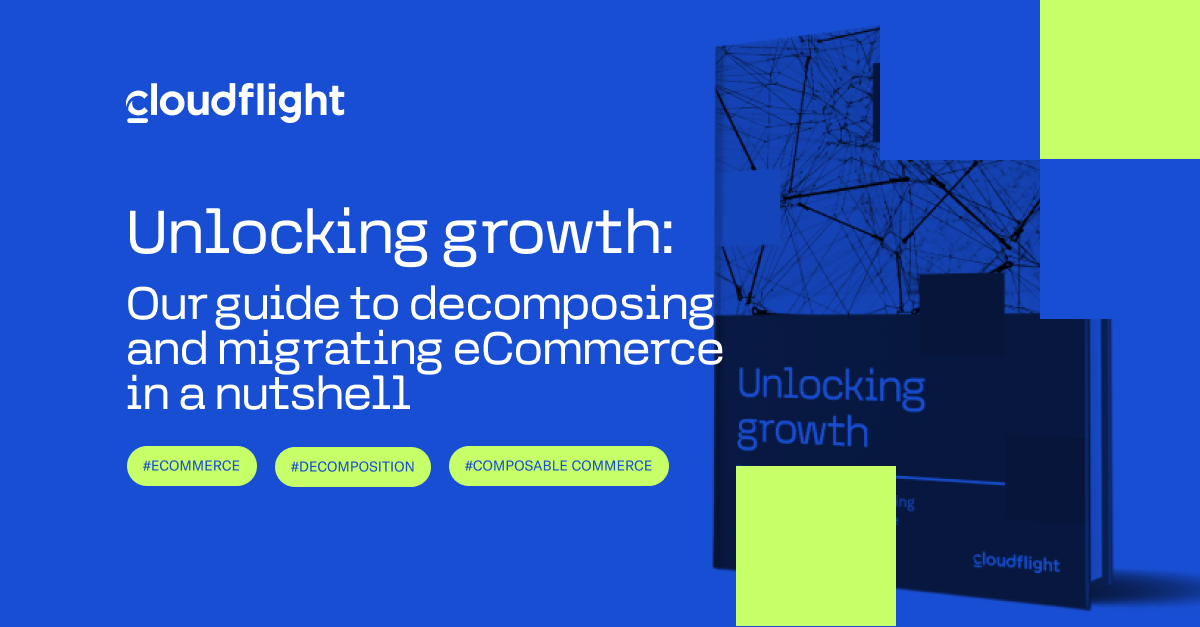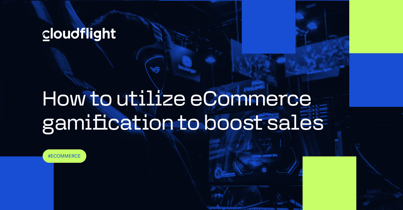At Cloudflight, we work passionately to deliver top-notch eCommerce solutions and products.
- All
- eCommerce
- Progressive Web App
- SAP Spartacus
- Mobile-first eCommerce
- Technology
- Software Development
- Magento
- UX
- Headless Commerce
- Divante people
- Microservices
- Vue Storefront
- Management
- Fashion
- Marketing
- Innovation Lab
- Loyalty Program
- Pimcore
- Artificial Intelligence
- Open Source
- Social Media
- Commercetools
- Composable Commerce
- Omnichannel
- Design
- SAP
- Case Study
- Marketplace
- CTO
- Customers
- Shopware
- retail
- Augmented Reality
- Testing
- Angular
- Black Friday
- Divante
- customer experience
- Open Loyalty
- Akeneo
- MACH
- Security
- Mirakl
- Sales
- Meetsales
- Spartacus Online Training
- FMCG
- VR
- More


















